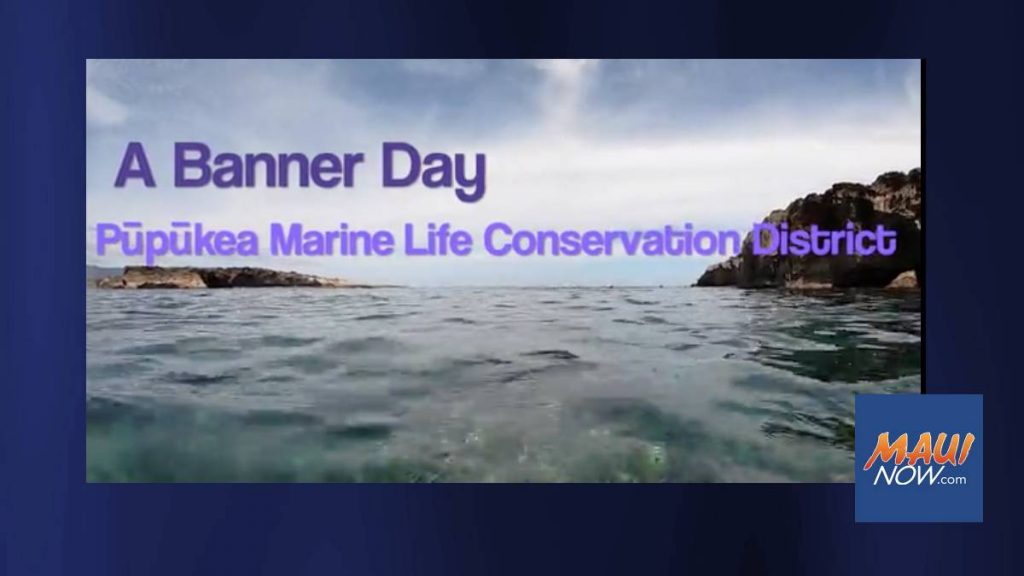Kapoʻo Tide Pools Finally Added to Pūpūkea Marine Life Conservation District

The Pūpūkea Marine Life Conservation District on O‘ahu’s North Shore has expanded to include the Kapo‘o tide pools, also known as the Old Quarry tide pools.
When the Pūpūkea Marine Life Conservation District (MLCD) was first designated in 1983, the intent was to include the tidepool area. However, an executive order which established the county beach park back in 1956 led to uncertainty as to who owned the tide pools. In 2008, following discussion and agreement with county officials, Gov. Linda Lingle withdrew the tidepools and adjacent area from county jurisdiction and set them aside for inclusion in the MLCD.
The boundaries had never been amended until now. Gov. David Ige approved the measure that had been approved by the Board of Land and Natural Resources, following a lengthy process to gather input. The inclusion of the Kapo‘o tide pools adds full protection to marine life there.
The Marine Life Conservation Districts are designed to conserve and replenish marine resources. Only limited fishing and other consumptive uses are permitted or prohibited entirely. These protected areas provide fish and other aquatic life with a chance to grow and reproduce.
Fishing is prohibited within the Pūpūkea MLCD, although some hand harvest of limu is permitted. Shoreline hook-and-line fishing within Waimea Bay, and seasonal net fishing for ‘ōpelu and akule within the Bay also are permitted.
“The Kapo‘o tidepools add to the diversity and uniqueness of the Pūpūkea MLCD and are a key part of what makes this area a special place,” said Brian Neilson, Administrator for the Division of Aquatic Resources (DAR). “DAR appreciates the community support we received for expanding the MLCD boundary to conserve the fish, invertebrates and limu in this area.”
Denise Antolini, President of Mālama Pūpūkea-Waimea, a marine stewardship group founded in 2005, said: “We have seen dramatic increases in the number of people using the MLCD, increased pressures from poaching, and hundreds of visitors a day crowding the small Kapoʻo tide pool area.
The updated rules will allow us to better educate people about the outstanding marine life of Kapoʻo and the entire MLCD, help the community prevent abusive behavior, and support better enforcement by DLNR. The rules help us ensure future abundance of marine life for all to enjoy and more spillover of fish outside the MLCD boundaries.”
New rules also prohibit fish feeding, which alters natural fish behavior. Other changes are mostly housekeeping measures, such as amending the definitions of limu, lipe‘epe‘e and ‘opihi, and clarifying penalties.
New signage for the Pūpūkea MLCD is in production.




_1768613517521.webp)


